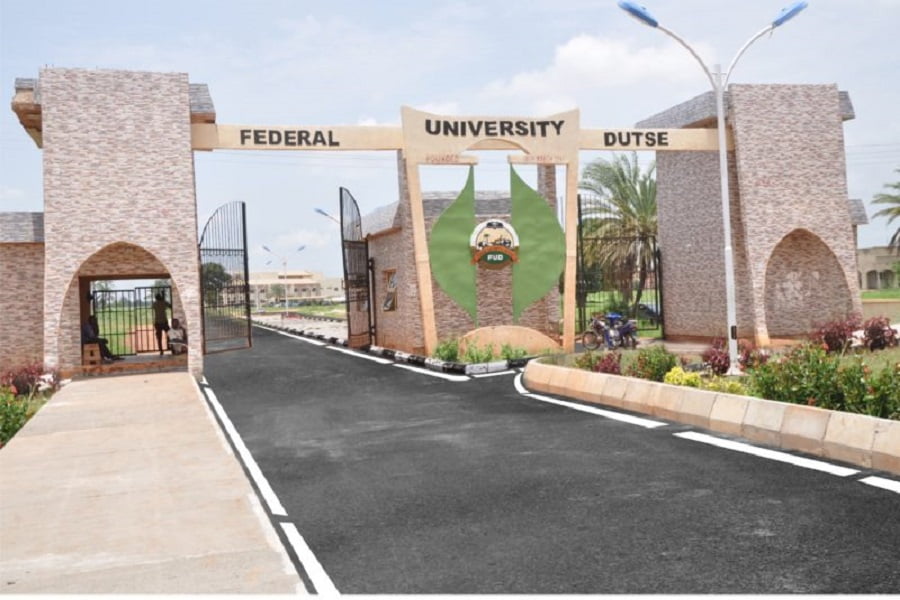A team of researchers at the Federal University, Duste, has gotten a N36-million research grant to investigate rampant cases of kidney diseases at Hadejia Valley.
Hadejia Valley stretches from Zakirai in Kano State to Nguru and Gashua in Yobe. It has the highest rate of kidney diseases in Nigeria.
The university’s Chief Information Officer, Abdullahi Yahaya, stated on Tuesday in Dutse that the National Research Fund gave the grant through the Tertiary Education Trust Fund.
Yahaya stated that the team would be led by Dr Muhammad Auyo, Head of the Department of Biological Sciences at the university.
“The lead researcher picked interest in this research area after losing six friends and family members to kidney failure in Hadejia
“According to Dr Auyo, the title of the research is: “Rampant kidney diseases in Hadejia Valley, Yobe and Kano States: The Study of Environmental Toxins and Gene Polymorphism,’’ Yahaya added.
He stated also that Auyo wants to find out whether there is the prevalence of a gene called melallothionine, which exposes the people of Hadejia Valley to kidney diseases.
The research also wants to find out toxins present in the Hadejia Valley in the last 30 years as a result of use of pesticides and herbicides which may have changed the ecosystem.
These chemicals, according to the lead researcher may have affected the food chain, especially crops, water, and fish, which may have been responsible for the high prevalence of kidney diseases in the area.
Yahaya quoted Auyo as saying that the research team will take soil, water, vegetables, cereals, fruits, fishes and meat samples every month for 20 months to search for the presence of heavy metals.
The 16-member multidisciplinary research team is divided into Medical, Environmental, Genetic, and DNA sequencing teams.
The research is for two years and is expected to come up with recommendations, Yahaya stated.
NAN

